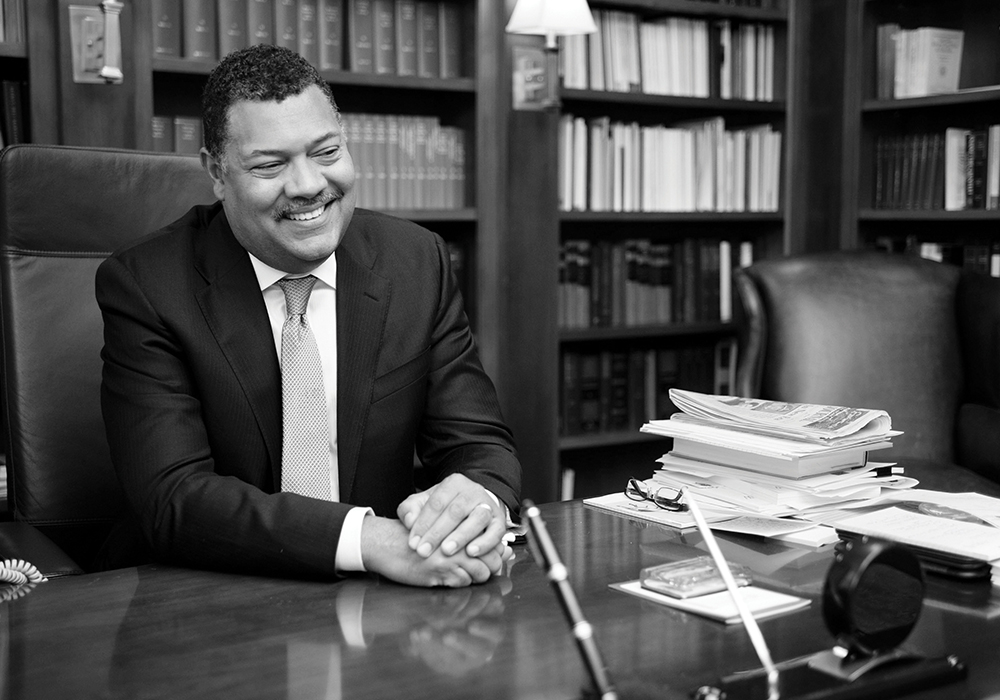To see the future of BC Law, it makes sense to begin with a major challenge that will confront Boston College as a university in the coming decade. The university’s formidable reputation rests significantly in the humanities and social sciences. Nevertheless, humanities departments at universities around the country now struggle to persuade students and their parents of the “value” of a liberal arts education. We live in a time when those studying the humanities struggle for influence because science, technology, and business understandably occupy the public’s imagination. This opposition between the humanities and science and technology is, of course, largely a false one. Science, technology, and their associated businesses surely will transform the world, but not by rendering the humanities and social sciences irrelevant. On the contrary, science, technology, and business can improve the lives of people only if society applies insight from the humanities and social sciences. Puzzles such as income inequality, the ethics of biology, and climate change are fundamentally human ones, not technological. Boston College therefore should and must find a way to apply its traditional strengths in this new world.
Business leaders I meet around the country routinely tell me how interested they are in hiring employees with strong liberal arts backgrounds. They do need workers with some exposure to basic business and science. But these leaders believe that the best employees bring value not because they have narrow technical knowledge, but because they have educations that make them broadly literate, excellent writers, and creative thinkers. We have long known that this type of education is the ideal foundation for law school. Indeed, business employers increasingly look to law schools not only to find staff for the general counsel’s office, but also for important roles across their organizations.
“Science, technology, and their associated businesses surely will transform the world, but not by rendering the humanities and social sciences irrelevant.”
BC Law is ideally positioned to create leaders in law and business by offering a unique bridge between the world of technology and science and the world of humanities and social sciences. One current example of a compelling engagement between law and the liberal arts at BC Law is the Rappaport Center for Law and Public Policy. It prepares law students for leadership roles in public policy through engagement with policy makers and thought leaders from around the region and the nation. Issues addressed by the center, such as student debt, urban planning, and transportation, by definition require multidisciplinary engagement from a variety of fields beyond law, including history, economics, and political science. The Clough Center for the Study of Constitutional Democracy is another example of law as a convening point for important interdisciplinary scholarly work and conversations.
As a discipline, law is the method by which society ensures basic human rights and freedoms. Those rights and freedoms rest on ideas drawn from the humanities, and law functions through political institutions best illuminated by the social sciences. Because business, technology, and science necessarily operate in a regulatory environment created and maintained by law, BC Law is and will be the place that trains the kind of professionals that a world preoccupied with business, science, and technology needs most—men and women who can apply ideas from the liberal arts to humanize the market and ensure that technology serves people rather than the other way around.
As we look to the future, I see this multidisciplinary engagement as increasingly central to the vibrancy of academic life at Boston College, and BC Law will be at the forefront of this work.
Photograph by Suzi Camarata



